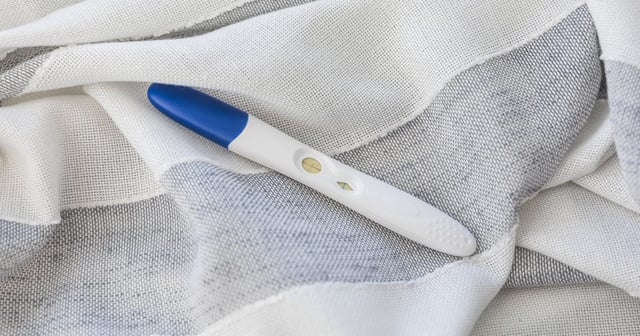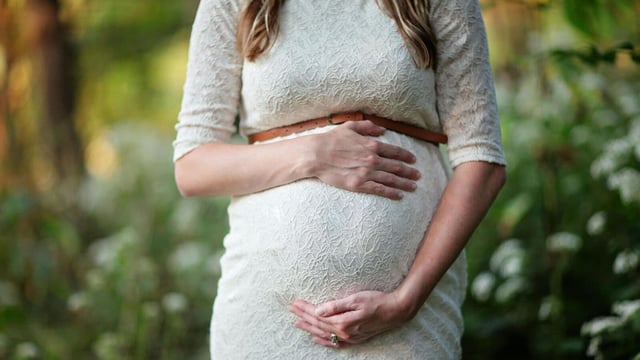Overview
- The couple had endured 15 unsuccessful IVF cycles over 18 years before turning to Columbia’s AI solution.
- STAR (Sperm Track and Recovery) combines a proprietary fluidic chip with machine learning to detect and extract sperm from samples with near-zero counts.
- In validation tests, STAR located 44 sperm in an hour in a sample that embryologists had declared sperm-free after two days.
- During the March procedure, the system identified three viable sperm used in IVF to create an embryo that led to the ongoing pregnancy.
- Columbia University Fertility Center plans to publish its findings and is exploring partnerships to extend STAR’s availability to other clinics.



